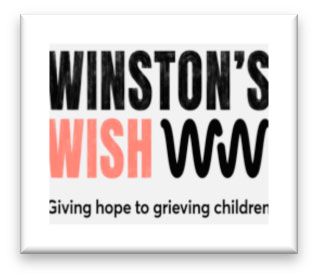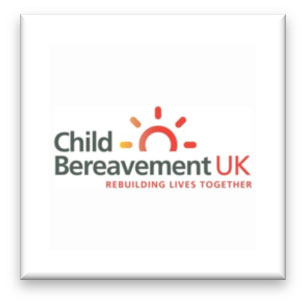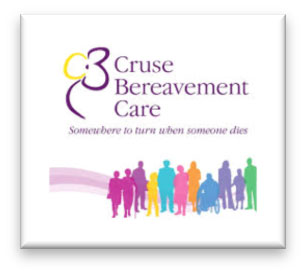When someone you know dies during the Coronavirus pandemic
During the Coronavirus pandemic, you may hear of more people dying than you have heard of before, and you may know more people who have had someone close to them die. You may become fearful that people close to you could die too. Try to focus on what you actually know and what you can do to keep yourself and others safe (such as washing your hands often and keeping your distance from other people). Try not to worry about what you don’t know and the things you cannot control. Although most people who get Coronavirus do recover, especially young and healthy people, sadly some people do become very ill and a few of those people may die.
How you might feel if someone you know dies…
It is always a difficult time when someone close to you dies. You might feel:
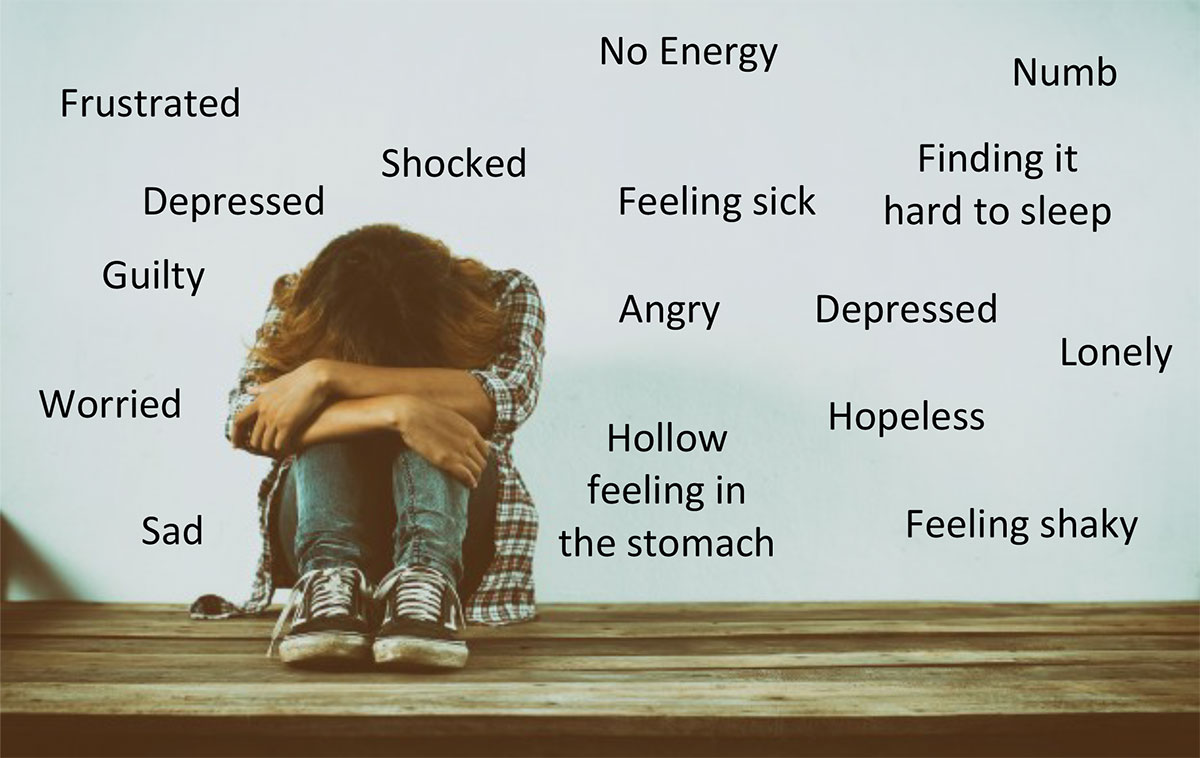
You may feel some of these, many or none of them. We are all different and there is no right or wrong way to feel. Many of the difficult emotions you are feeling are a normal reaction when someone close to you dies. Although it may feel very hard just now, your feelings should get easier to cope with in time.
Coming to terms with the loss
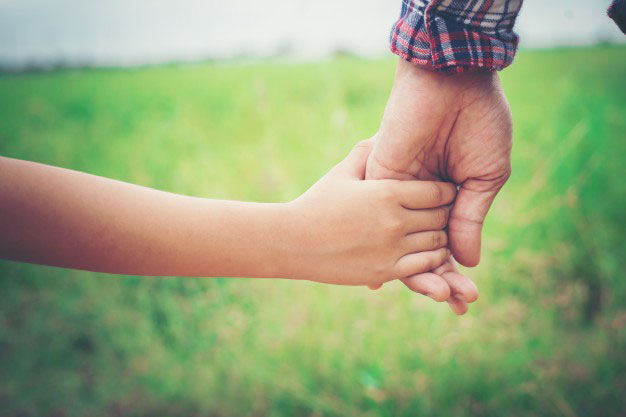
It can take time to accept that the person you loved is no longer here, and for you to get used to life without them around. You might not have seen the person for a while, as during the pandemic we are being asked to stay in our own homes as much as possible. Or maybe someone from your home became ill and went to hospital and you were not allowed to visit them. Although this might feel unfair, and you might feel angry or upset about it, try to think to yourself that it is important to keep yourself and other people safe from becoming ill at this time.
What might help…
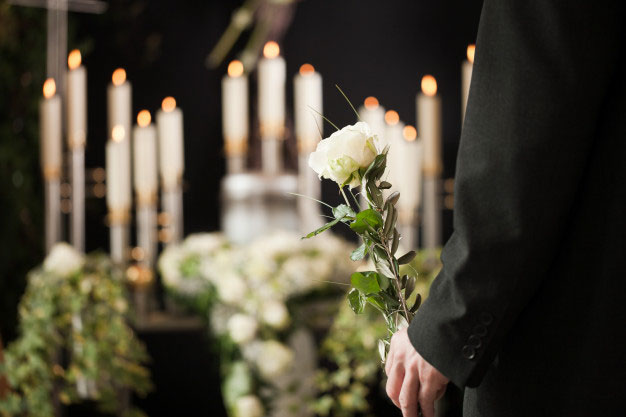
Saying goodbye
For many families, a funeral is a way to say goodbye to their loved ones. During the pandemic, only a few of close family members are allowed to attend a funeral. This means that you may not be allowed to be at the funeral. You can say goodbye in other ways, such as drawing a picture, writing a letter, lighting a candle or playing a special song. You could do this at the same time the funeral is taking place and connect with other people who knew them by phone/video call or social media so you can say goodbye together.
Remembering
Some people like to create a memory box of things which remind you of your loved one. This might include photos, special objects that remind you of them or the things that they liked, and a tissue with some of their aftershave or perfume on it. You might like to write them a letter, poem or do a drawing. It can be helpful to think of some happy memories and favourite stories to write down and put in the box.
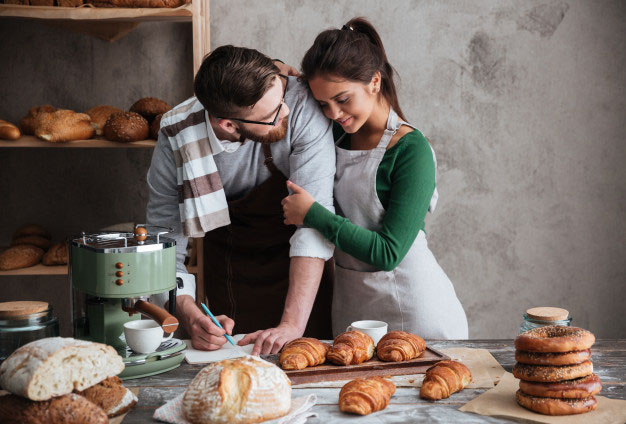
Talking about how you feel
It can help to share your feelings with other people by talking to your family or friends. Sometimes talking to other people who knew the person and sharing stories about them can make you feel better. You might want to phone or video call a friend, family friend or another family member to talk through how you feel
Keeping going
It is important to keep going with your usual routines and activities wherever possible. During the pandemic, some of these routines may be different as you are not going to school. You might have to create new routines with the help of the people you live with. Make sure you are making time for breaks, relaxing activities and getting some exercise and fresh air. Some of the things you like to do might not be possible at present and you may need to think of other ways to relax and feel better such as reading, doing a craft activity, cooking, going out for a short walk, cycle or run and connecting with friends and family through technology.
Further information and advice
Winston’s Wish
Winston’s Wish is information, advice and guidance on supporting bereaved children and young people during the coronavirus (COVID-19) outbreak.
www.winstonswish.org - Freephone National Helpline 0808 802 0021
Childhood Bereavement UK
Childhood Bereavement UK brings together guidance and information to help support you at this difficult time.
www.childbereavementuk.org - Helpline 0800 028 8840
Cruse Bereavement Care
Bereaved people may have to deal with increased trauma, and may be cut off from some of their usual support network. Those who are already struggling with bereavement, or whose relatives or friends die through other causes will also be affected.
www.cruse.org.uk - Helpline 0808 808 1677
| Contact: | Psychological Service |
|---|---|
| Tel: | 01592 583 349 |
| Email: | psychological.service@fife.gov.uk |


